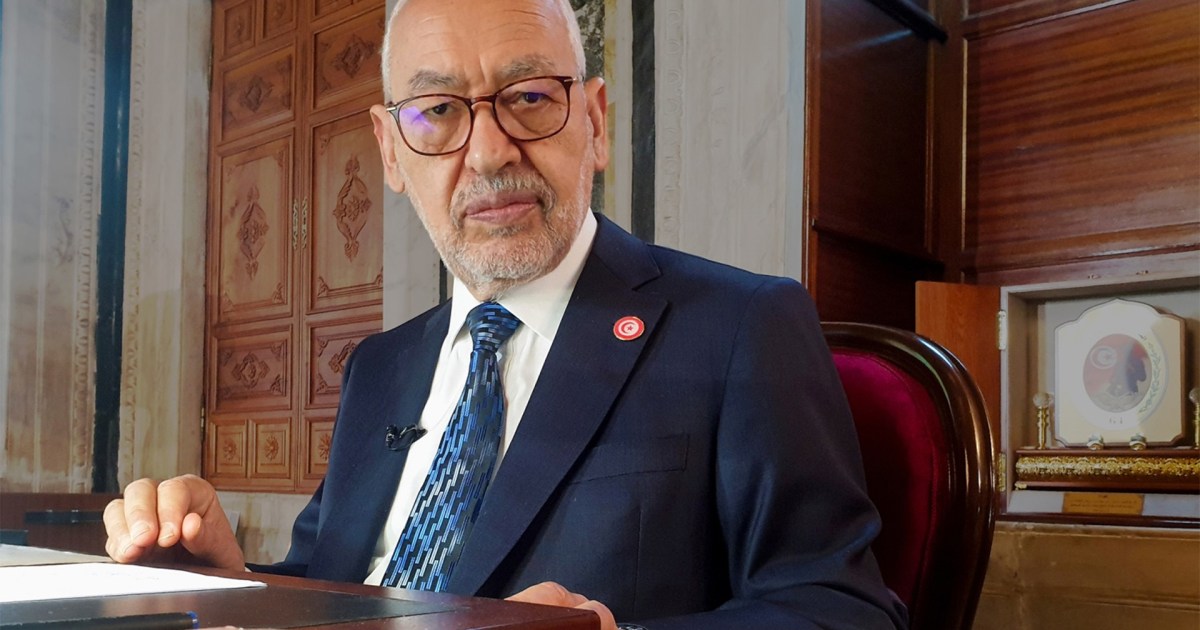Yesterday, Tuesday, the Financial Analysis Committee of the Central Bank of Tunisia announced the freezing of bank accounts and financial balances of the head of the Ennahda movement, Rached Ghannouchi, and 30 others, including former Prime Minister Hamadi Jebali, a former leader of the movement.
The committee ordered the banks and the Post to seize the funds of a number of accused political figures in the case known as the Tunisia Development Charitable Association case, which it says is working to bring foreign investment into the country, while the authorities accuse it of receiving foreign funds, money laundering and threatening internal state security.
The anti-terrorism judge, according to what the official of the Financial Analysis Committee confirmed, authorized the freezing of bank accounts and financial assets of more than 30 people, including Ghannouchi, his son Moaz and his son-in-law, former Foreign Minister Rafik Abdel Salam.
There was no immediate comment from the personalities who were named in the announcement.
But the leader of "Al-Nahda" Munther Al-Wanissi told Al-Jazeera that the movement had not received an official communication in this regard.
travel ban
In May, a Tunisian judge issued a travel ban on several people, including Ghannouchi, the former president of the dissolved parliament.
Ghannouchi, 81, has been one of the most prominent critics of President Kais Saied since the latter seized control of the executive authorities last year, sacked the government, then dissolved parliament, and began ruling by decree in a move described by opponents as a coup.
Since July 25, 2021, Tunisia has been experiencing a severe political crisis when Said began imposing exceptional measures, including dismissing the government and appointing others, dissolving Parliament and the Judicial Council, and issuing legislation by judicial decrees.
He also decided to hold a popular referendum on a new constitution for the country on July 25, and to bring the parliamentary elections to December 17.
Tunisian forces consider these measures a "coup against the constitution", while others see them as a "correction of the course of the 2011 revolution."

